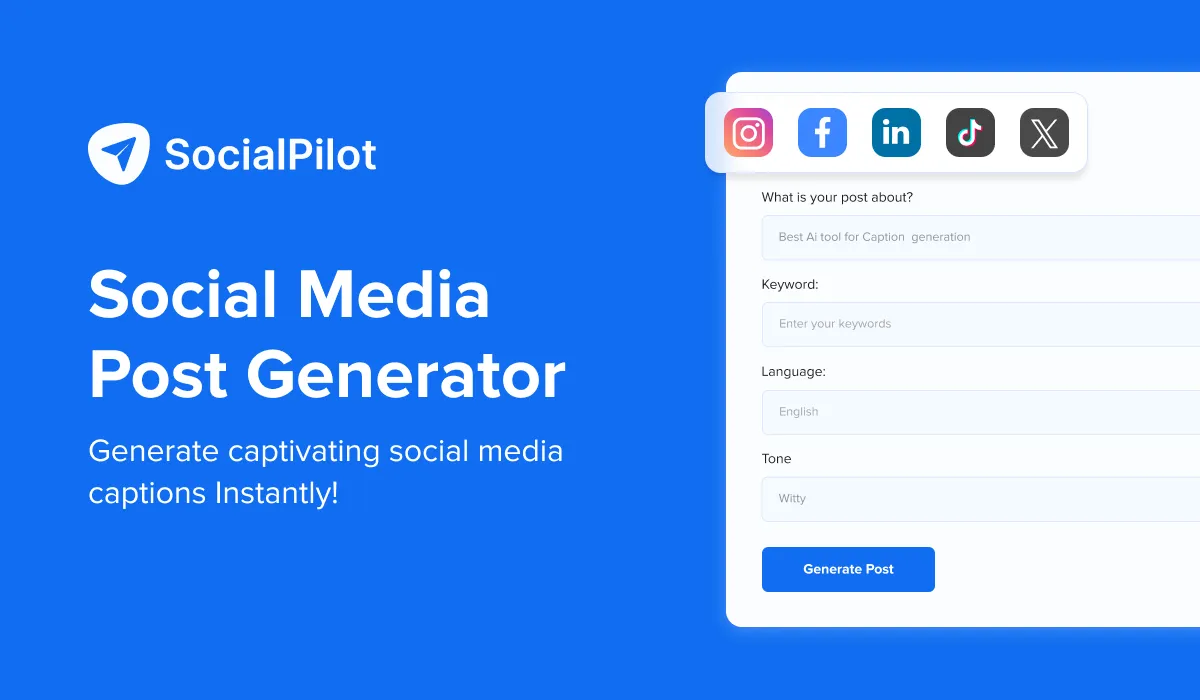More About Natural Language Processing
Organizations’ various communication channels, such as emails, text messages, social media news feeds, video, audio, and so on, generate vast amounts of verbal and textual data. NLP applications deal with this data automatically, analyzing the message’s intent or sentiment and responding to the human conversation in real-time.
Importance of NLP
Natural language processing (NLP) plays an essential role in properly analyzing text and speech data and handling dialect, slang, and grammatical mistakes that occur in everyday talks. This is the reason why NLP is an essential part of companies to automate several tasks:
- Process, analyze, and store huge documents
- Use chatbots for automated customer care
- Examine consumer comments and call center records
- Label and extract text
- Answer the who, what, when, and where questions
NLP Techniques
NLP incorporates a number of techniques:
- Tokenization: Converts text into discrete pieces for examination and processing.
- Part-of-Speech Tagging: Assigns grammatical labels to each word in a sentence to help understand syntactic structure.
- Named Entity Recognition (NER): Identifies and classifies entities in a text to retrieve useful information.
- Sentiment Analysis: Determines the emotional tone or feeling conveyed in a text.
- Machine Translation: Text is automatically translated from one language to another using algorithms and statistical models.
- Text Summarization: Reduces enormous amounts of text to a manageable length while maintaining important information.
- Speech Recognition: Transforms spoken language to printed text.
- Coreference Resolution: Determines whether two or more words relate to the same thing.
- Word embeddings: Words are represented as vectors in a multidimensional space.
- Dependency Exploring: Determines the grammatical structure of a sentence by determining
Natural Language Understanding (NLU) and Natural Language Generation (NLG) are two further sub-branches of NLP that help in conversational communication with humans. NLU has algorithms that assess text to extract words contextually, whereas NLG helps in generating meaningful words like a human would. They team up to form intelligent chatbots like ChatGPT.
The screenshot below is of ChatGPT, which understands the prompts using NLP techniques. On entering a prompt, the chatbot not only understands but also gives appropriate replies.


